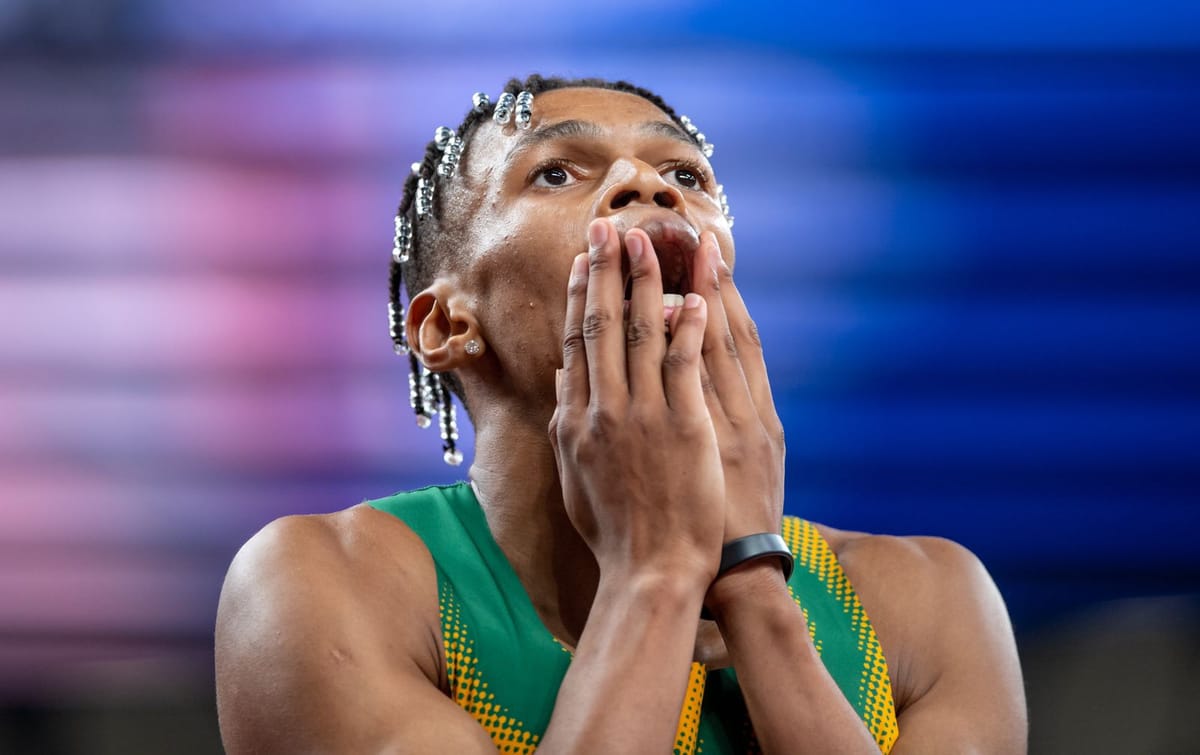The Psychology of Retirement: Why Do So Many Athletes Struggle to Call Time?

Retirement. For most of us, it’s a distant goal — a time to relax and enjoy the fruits of our labor. But for athletes, retirement arrives sooner, often when the rest of us are just hitting our professional stride. This abrupt transition can be challenging, and for many athletes, it’s far from an easy exit. The question that hangs heavy in the air is: why do so many athletes struggle to call time on their careers?
Identity Crisis: More Than Just a Career
For an athlete, their sport isn’t just a job — it’s their entire identity. Many athletes start their journey at a young age, and by the time they reach their prime, their name is synonymous with their sport. Being an athlete defines their self-worth, social circles, and lifestyle. So, when it’s time to step away, many don’t just lose a career — they lose who they are.
In psychology, this is often referred to as an "identity foreclosure," where someone has fully committed to a role without exploring other identities. Without their athletic identity, they feel lost, as if a piece of themselves has been taken away. The intense structure, routine, and goals that have shaped their daily lives for years disappear overnight, leaving a void that can be hard to fill.
The Fear of Being Forgotten
At the height of their careers, athletes enjoy fame, recognition, and applause. From fans on social media to sponsorships, the spotlight is intense. But that spotlight dims once they retire. For many, the fear of irrelevance is as challenging as the physical aspects of retirement.
Athletes often question, "What’s my value when the world stops watching?" The fear of being forgotten, of no longer mattering, can keep many clinging to their careers long past their prime. This longing for relevance can delay retirement decisions, as athletes chase one last moment of glory, afraid to step into a world that may not notice they’ve gone.
Addiction to the Adrenaline
Athletes thrive on competition. The rush of adrenaline that comes from performing on the big stage is addictive. Whether it’s scoring a last-minute goal, crossing the finish line first, or delivering a game-winning play, these moments provide a high that is hard to replicate outside of sports.
In retirement, that intense rush of competitive adrenaline fades away. Without it, life can feel flat and uninspiring. Many athletes struggle to find an activity or career that delivers the same sense of accomplishment and thrill, making it tough to walk away from the game they love.
Physical Decline and the Mental Toll
Another factor that complicates retirement for athletes is coming to terms with the physical decline that naturally comes with age. Athletes are in peak physical condition for most of their lives, and stepping away often feels like an admission that they’re no longer at the top of their game.
For many, the body starts to deteriorate before the mind is ready to accept it. This cognitive dissonance creates frustration and anxiety. The psychological strain of watching the physical decline often leads to athletes pushing themselves further, attempting to prove that they still “have it,” when in reality, their bodies are asking for rest.
Financial Uncertainty
While it’s easy to assume that professional athletes are financially set for life, this isn’t always the case. Not every athlete signs multimillion-dollar contracts, and even for those who do, poor financial planning, extravagant lifestyles, and lack of business acumen can drain fortunes quickly.
The fear of losing financial stability can drive athletes to continue playing, even when they no longer find joy in the game. Retirement requires a solid financial plan, and the uncertainty of what comes next, coupled with potential monetary struggles, can be a significant barrier to hanging up the boots for good.
A Lack of Preparation for Life After Sport
Few athletes are truly prepared for life after sport. The all-consuming nature of professional athletics means that little time or energy is left to explore other passions, career paths, or even hobbies. The transition from an athlete to a “regular person” can feel jarring. The intense focus that once drove them on the field can be a detriment when it comes to pivoting into a new career.
The key to smoother transitions lies in planning ahead. Athletes who invest in education, skill-building, and networking outside of sports often have an easier time adapting to post-retirement life. However, this foresight isn’t always encouraged or facilitated by coaches, agents, or organizations.
Mental Health and Emotional Turmoil
The psychological and emotional toll of retirement cannot be underestimated. Depression, anxiety, and feelings of worthlessness are common struggles for athletes who retire, especially those who did so unexpectedly due to injury or circumstances beyond their control.
The abrupt end of a career often feels like a loss, similar to grief. Without the structure of training, competitions, and a clear sense of purpose, athletes can spiral into a mental health crisis. Without proper mental health support, this transition can be particularly dangerous, with athletes facing challenges in coping with the emotional void left by retirement.
Finding Purpose Beyond the Game
The athletes who transition most successfully into retirement often do so by finding a new sense of purpose. Whether it’s coaching, becoming a mentor, starting a business, or giving back to their communities, those who channel their competitive spirit and work ethic into new endeavors often find fulfillment beyond the playing field.
Understanding that retirement is not the end, but the beginning of a new chapter, is crucial. The skills that make athletes successful — discipline, perseverance, resilience — can be applied to virtually any arena in life. The trick is to recognize this potential and embrace it.
Conclusion: Retirement as a New Beginning
For athletes, retirement is a unique challenge that combines an identity crisis, fear of irrelevance, and the search for a new purpose. The struggle to call time on their careers is deeply psychological, fueled by fears of losing their identity, financial instability, and the addiction to the highs of competition.
But with proper planning, mental health support, and a redefined sense of purpose, athletes can learn to navigate this transition successfully. After all, retirement doesn’t have to mark the end of their story — it’s just the start of a new chapter, one that’s filled with opportunities to explore new passions and make a lasting impact, both on and off the field.
By viewing retirement as an opportunity rather than a loss, athletes can find the strength to step away from the game, knowing that their greatest achievements may still lie ahead.
